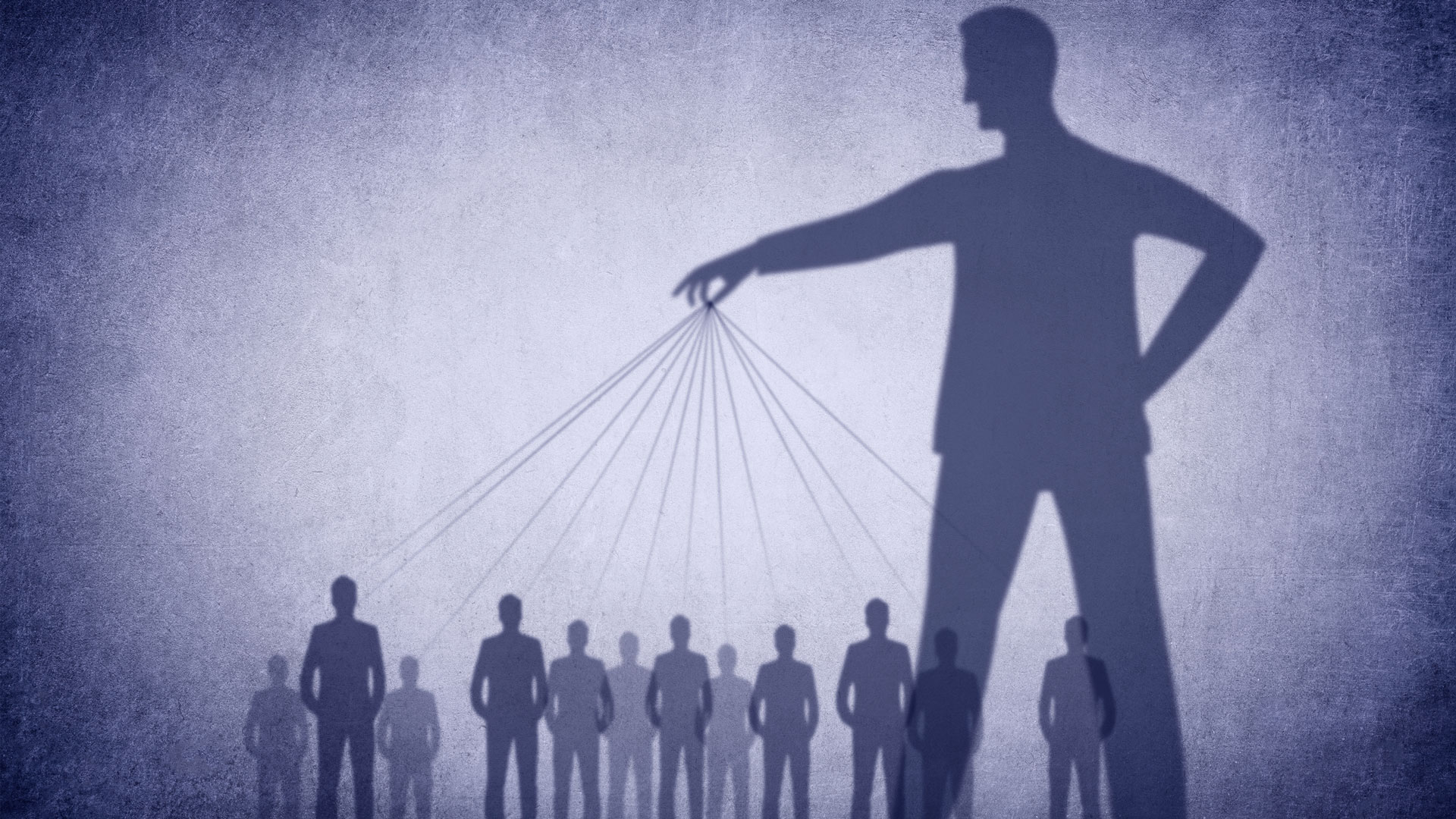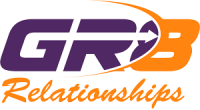Everyone controls in some way. Control issues are a way of life for us, and unfortunately, a controlling person does not believe they are controlling anyone.

Controlling People Quotes
The Dictator's mantra could be, "Other people should never be free to choose their own path because they will mess things up." This encapsulates the mindset of a controlling person.
There are at least two forms of controlling people - 1) the Dictator and 2) the "Good Person Up to No Good (GPUNG)." It is easy to identify a Dictator because they are often bad characters pushing their agenda and running over anyone in their way.
It is probable that anyone being controlled will see the controlling person as a Dictator, but the more common form of a controlling person is a GPUNG. A Dictator would quickly say, "My way or the highway!" On the other hand, the GPUNG may say, "After all I have done for you, you wouldn't do that to me, would you?" Or, they will use the common control quote, "I am just doing this for your own good!" That may be true and well-intentioned, but it is still controlling.
Control Issues: The Heart of the Problem
Controlling people, especially the GPUNGs, may be sweet, funny, and nice until they fear that something will not turn out right or perceive danger for people around them. They believe that if they don't require change in other people's lives, those people will never change, or worse, they will die lonely and sad. This belief leads them to act as a "Dictator," making a classic relationship mistake.
Control issues often stem from a deep-seated fear that others will make poor decisions if left to their own devices. This fear can lead to a desire to control others, even with good intentions. However, this approach is fundamentally flawed.
Everyone is born with freedom in their DNA, and when that freedom is threatened, rebellion is likely to follow. The more a controlling person tries to force someone to change, the more rebellion they get from the other person. It is a big problem that they cannot overcome. Only when they become aware of their controlling nature will they consider different actions.
The Control Boomerang
Interestingly, controlling people often become controlled by the person they are trying to control. This is what we call the Control Boomerang. The more heightened your emotions for someone changing, the more likely you want the change for your own benefit.
So, if the other person changes, the controlling person feels relief or happiness. If the person does not change, they feel fearful, unhappy, and full of worry. Notice how the controlling person then gets controlled by the person they are trying to control - that's the control Boomerang!
Freedom Is Superior to Control
Controlling people may think they are God or at least the Jr. Holy Spirit, but they sure do not act like God.
God is the only being that could make someone change, but what does He do? He created you with freedom and allows you to choose His way or choose your way. Why? Well, first and foremost, He is God and does everything perfectly.
Second, He is about freedom, not control. Jesus died to set us free (Galatians 5:1), and He warns us to be responsible with our freedom and pursue the best for others - love them (Galatians 5:13)!
Third, God created life and demonstrates by His behavior that freedom is superior in relationships. When you are free to leave a relationship but stay, it demonstrates that you want the relationship. When you control a person, at some point, the relationship will be intolerable for both of you.
Spotting the Signs of a Controlling Person
Recognizing a controlling person can be challenging, especially when their intentions seem good. However, the signs are there if you know what to look for. They typically have an agenda for the people around them, often believing they know what's best.
Their conversation is full of words like "should, should not, need to, and must." Those words imply how others are supposed to think, act, or feel according to them. They will often use those words with heightened emotions about someone else's lack of change or desire to change.
The easiest sign for yourself is to listen for how often you use "should or must." The second sign is to watch how strongly you feel when you use those words.
Conclusion: Embracing Freedom
Consider these five freedom actions you can take in a relationship: hope, pray, encourage, exhort, and rebuke. Too often, controlling people only use the last two - exhort and rebuke. The first three are more appropriate – hope, pray, and encourage. Why? Because that helps reduce rebellion and encourages a person to consider self-governance.
"For you, brethren, have been called to liberty; only do not use liberty as an opportunity for the flesh, but through love serve one another." -- Galatians 5:13
Embracing freedom is the key to overcoming or reducing control issues. It's about trusting others to make their own decisions and respecting their autonomy. It's about hope, prayer, and encouragement rather than exhortation and rebuke. And most importantly, it's about recognizing that true change comes from within, from your "want to," not from external control.
Videos you may like
Podcasts you may like
